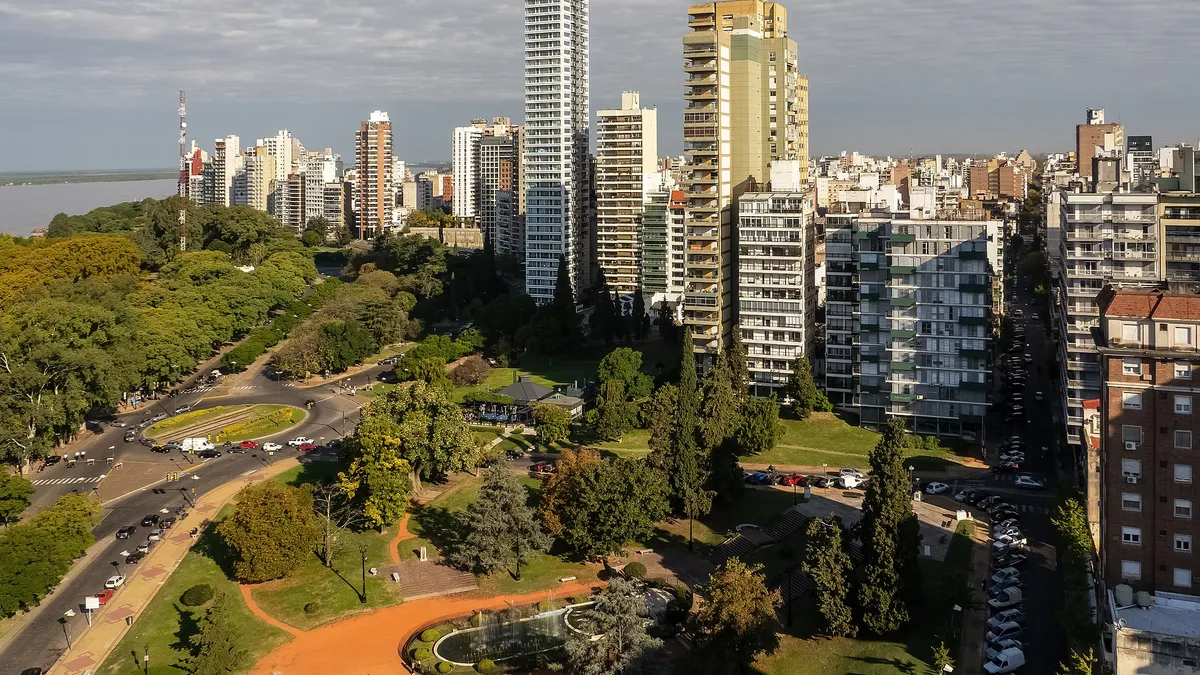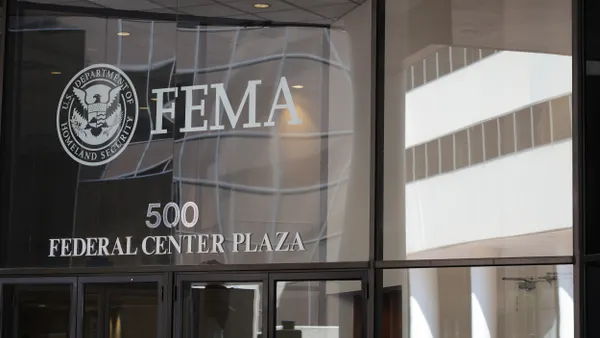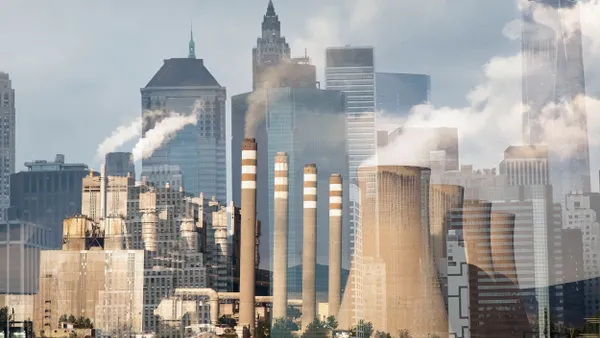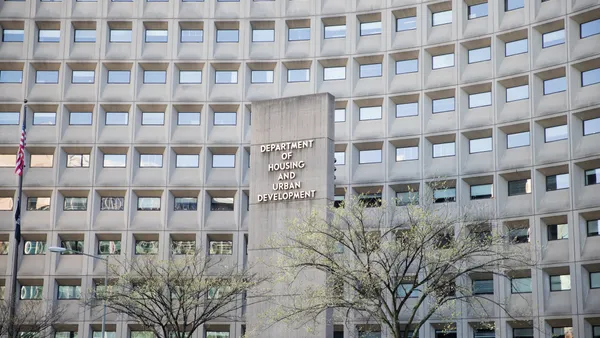Dive Brief:
- The World Resources Institute (WRI) announced Tuesday that the municipality of Rosario, Argentina, won the grand prize in its Prize for Cities competition, which honors organizations and individuals with funding for projects that tackle climate change and urban inequality.
- WRI honored the city for its Sustainable Food Production for a Resilient Rosario initiative. The program gives low-income residents access to underused land to grow food. It has also evolved into an educational effort around urban agriculture, as well as an effort to help tackle the effects of climate change.
- Rosario finished ahead of finalists from Monterrey, Mexico; Nairobi, Kenya; London; and Ahmedabad, India. It will receive $250,000, while the other finalists will each receive $25,000.
Dive Insight:
Food insecurity is a major concern in cities across the world and has been exacerbated during the coronavirus pandemic. Cities already had issues with food deserts in underserved areas. Many local leaders have looked to data-driven solutions, while cities including Atlanta and Philadelphia have made use of park space to create urban food forests. Nonprofits and businesses have also joined local governments during the pandemic to expand programs aimed at improving food security, as lockdowns and widespread job losses have worsened the issue.
The Environmental Protection Agency and the U.S. Department of Agriculture also selected 13 communities from Puerto Rico to California earlier this month to develop community-led food systems and placemaking action plans to rejuvenate economically blighted areas.
Rosario has faced significant crises, according to a WRI blog post. Its economy collapsed in 2001, which resulted in 25% of its workforce suddenly losing their jobs and more than half of its residents living below the poverty line. Meanwhile, climate change has brought rising temperatures, nearby wildfires and unpredictable rainfall.
In response to the economic crisis, the city's Urban Agriculture Program started giving local groups the tools, seeds and training they need to grow their own produce. The program has since expanded to cover 75 hectares of the city, including seven parks and areas that were previously abandoned. There are now around 300 urban farmers with temporary ownership of the land, producing almost 2,500 tons of fruits and vegetables each year and reducing greenhouse gas emissions by 95%, according to a study by the National University of Rosario and RUAF Urban Agriculture and Food Systems.
As the city reckons with the impacts of climate change and the need to improve its resilience, its urban farming effort has been a job creator as well. The effort has been fully integrated into several of Rosario's strategic plans and its 2015 Environmental Plan, meaning local leaders see it as a key strategy to reduce food miles traveled, while the use of underutilized land helps increase the amount of green space, WRI said.












